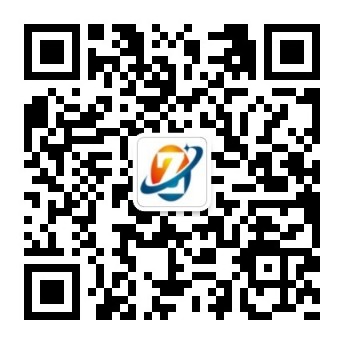|
一. 26个字母的书写 二. 5个元音字母的书写 三. 48个音标的认读 四. 有关的词汇 人称(I,you...)、动物、交通工具、颜色、家庭成员、日常用品、身体部位、数词、衣服鞋袜、国名、形容词(描述外形特征的词)、动词(表示行为动作的词)、方位介词(前后上下......)主食(饭,面包,面条,蛋糕...)、水果、饮料、疑问词(wh-开头的词语)...... 五. 话题 关于姓名的对话、询问年龄、关于颜色、关于爱好、关于拥有(×××有......)、关于问好、打招呼、关于选择、指向(如:这是......?)、问数量、问来自哪里、问“你在做什么”、问价格、问能力(Can you...)、问出行方式、提出请求(如:May I have...?)、命令与禁止、问是谁、问是谁的、提建议(Let"s...)、问最喜欢的动物是什么以及书上的有关对话等等 ☆形容词的比较级☆ 当我们需要对事物作出比较时,需要用到比较级。 比较级的句子结构通常是: 什么 + 动词be (am , is , are ) + 形容词比较级 + than(比)+ 什么 ,如: I’m taller and heavier than you. (我比你更高和更重。) An elephant is bigger than a tiger. (一只大象比一只老虎更大。) ...
 内容已隐藏,请关注公众号输入验证码查看
本帖支持关注公众号查看
【无套路 无套路 无套路 扫描二维码关注公众号发送【验证码】收到验证码 在上面输入点击提交查看即可显示隐藏内容】 内容已隐藏,请关注公众号输入验证码查看
本帖支持关注公众号查看
【无套路 无套路 无套路 扫描二维码关注公众号发送【验证码】收到验证码 在上面输入点击提交查看即可显示隐藏内容】
|